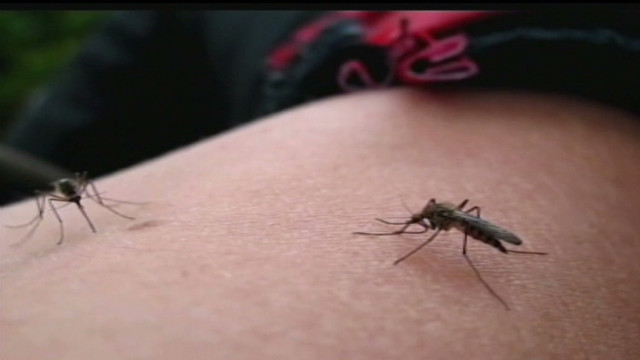There is no shortage of tips, tricks and recipes for repelling mosquitoes out there, and some are more effective than others. We need to be more careful than ever when it comes to avoiding mosquito bites, and it’s important to know what is known to work and what repellent ideas are not substantiated. Here is a quick rundown of what we know so you can better protect you and your family.
Laws of Attraction

Mosquitoes are attracted to certain types of people, and our size, hair color and what we wear all contribute to getting their unwanted attention. All mosquitoes are attracted to carbon dioxide and body heat. Consequently, bigger people radiate more and attract greater numbers of mosquitoes. While this is bad for adults, children are less likely to get eaten alive when near bigger people, but this doesn’t mean that they are immune to bites.
Mosquitoes also prefer blondes to brunettes for some reason. This is ironic because mosquitoes tend to gravitate towards people who are wearing dark clothing. One reason that may explain this is that dark clothing traps more heat and carbon dioxide. It is also well-known that mosquitoes are attracted to deodorants, perfumes and body sprays. This is particularly true of products that have floral smells or floral and citrus ingredients.
Remember that mosquitoes are more active in the dawn as well as dusk hours. A lot of people forget this, and end up getting bitten in the early morning. In fact, some argue that mosquitoes can be more aggressive in the morning as opposed to the evening.
Repellents
Most of the ideas out there regarding homemade repellents are complete nonsense. However, there are some natural remedies that are known to work and work quite well. One of them is peppermint oil. Peppermint oil not only repels mosquitoes, but also their larvae. You can put it in a spray bottle with some water and apply to areas that you want to protect, including your body and clothing. Another proven repellent is the Beautyberry, which is an old remedy that has been used for centuries in the deep south.
Finally, believe it or not, one of the most potent repellents out there is catnip. Catnip is thought to be up to 10 times stronger than DEET, and it can be sprinkled in areas where you want to keep mosquitoes at bay. What isn’t really known is how far away from the catnip mosquitoes begin to get repulsed and avoid the area, so prepare do to some experimentation to find out the best solution for your particular situation.
On the other hand, you may want to avoid some other common remedies. For example, citronella, while repelling mosquitoes, only lasts for about 10 minutes after being applied. Candles work, but only in a very localized area, so creating a solid barrier of protection will require a lot of them. Bug zappers will only eliminate a very small percentage of mosquitoes, and eating garlic or taking Vitamin B has no known benefits for keeping mosquitoes at bay whatsoever.
Finally, remember that many commercial repellents that are applied to the skin or clothes only have a very short period of effectiveness. Expect to find that the level of protection starts to wear off around two hours and you will need to apply more to remain protected. On the other hand, products with high concentrations of DEET and heavy oils work longer. Furthermore, industrial pesticides and foggers can keep them at bay for up to a month in some circumstances.

Remember that covering your body with clothing, staying under netting and indoors during peak mosquito times is the best way to protect yourself. Using repellents should be viewed as an enhancement and not a stand-alone form of protection. Be vigilant, prudent and practical when it comes to reducing the occurrence of mosquito bites, and make sure you research products before you rely on them out in the field.
